Imagine a world where marriage — in its traditional, one-size-fits-all format — has quietly stepped aside. Not through collapse, but through evolution. Where instead of rigid vows and lifelong contracts, people enter into floating marriages — experimental, flexible, emotionally conscious partnerships that match the complexity of modern life.
In this world, relationships are no longer dictated by monogamy, mortgages, or morality born from property norms. Instead, they are driven by curiosity, care, and consent — anchored in personal growth, peer reciprocity, and networked companionship.
From Forever to Flexible: Why Marriage Is in Decline
Let’s face it — the institution of marriage is at a crossroads. Young people are delaying it. Middle-aged couples are emotionally disengaging. Older couples are left wondering if decades of devotion ever really gave them joy.
Why?
Because the world changed — but marriage didn’t.
- We no longer live in agricultural households where lineage and land inheritance rule love.
- We’ve invented contraceptives, yet we cling to outdated commitments.
- We’ve built decentralized financial systems — but still rely on centralized emotional contracts.
The idea that one person should be your co-parent, therapist, roommate, sex partner, co-investor, and travel buddy for life was always a bit much. Now, it just feels… obsolete.
Enter Floating Marriage: Love, Rebooted
A floating marriage is not a loophole for infidelity or indecisiveness. It’s a contractual, short-term, emotionally serious agreement between consenting adults — with clarity, purpose, and a built-in exit option.
Think of it like:
- A renewable 6- or 12-month social contract.
- Fully transparent roles (romantic, co-parenting, sexual, caregiving, or experimental).
- Room for more than two people (polycules, queer alliances, or even communal families).
- Digital systems for tracking, earning, and honouring time, trust, and tenderness.
Relationships Are Evolving. Platforms Must Too.
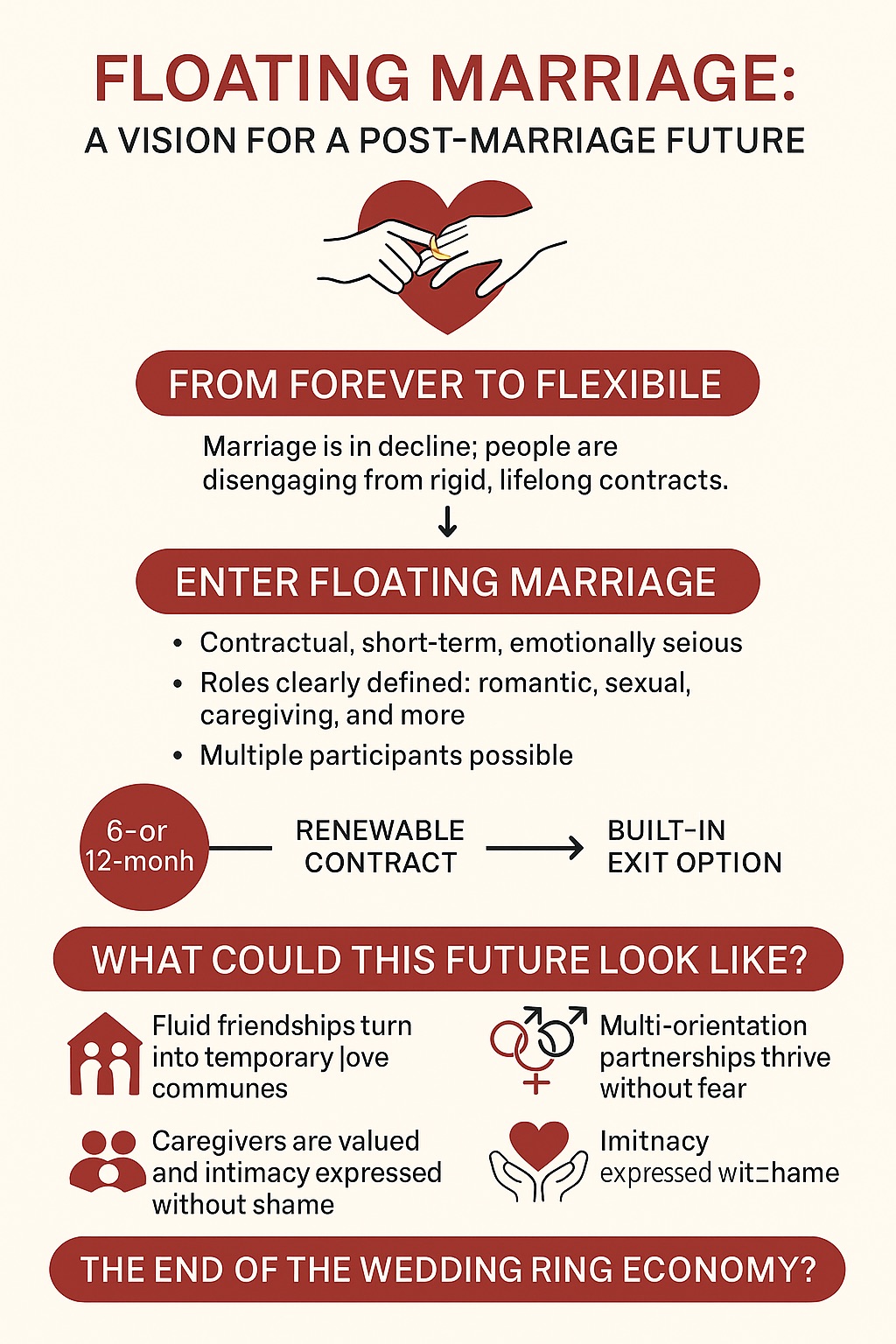
In a society shifting from “mode of production” to “mode of exchange,” relationships too must adapt. The future of human bonding lies in what some thinkers call Mode X — a new system where connection, consent, care, and contribution replace coercion, control, and convention.
The first platform that builds and defines this new grammar of floating marriage — with ethical boundaries and emotional safety — won’t just disrupt the dating and matrimony industries.
It will replace them.
What Could This Future Look Like?
- Fluid Friendships turn into temporary love communes.
- Senior couples cohabitate with young creatives for companionship and co-care.
- Single parents form networks of co-parenting without cohabiting.
- Multi-orientation partnerships thrive without fear of labels or legality.
- Caregivers are valued with real tokens of appreciation.
- Sex and intimacy are expressed without shame — but with structure and safety.
In this world, no one is owned and no one is left out. The rules are not loosened — they are re-written to reflect the deep pluralism of modern humanity.
The End of the Wedding Ring Economy?
Marriage was the software for the agricultural age. Floating marriage is the OS update for the digital, decentralized, diversity-first age. It doesn’t reject tradition — it reprograms it.
And maybe that’s what we need most: not a breakup with history, but a loving rewrite.
So, here’s the question:
If you could define your own contract of love — with honesty, intention, and flexibility — would you still choose “forever”? Or would you finally choose what fits you now?
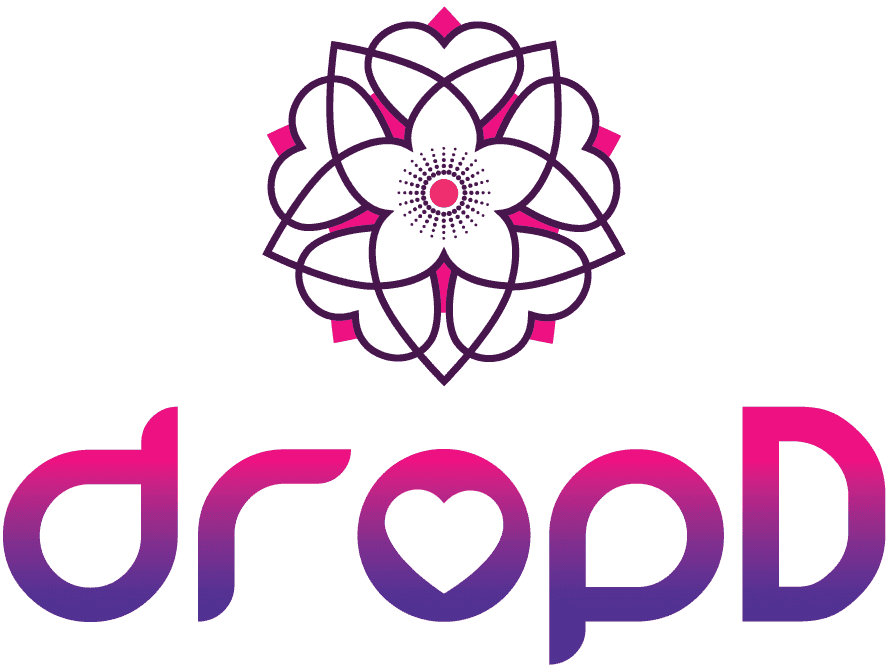
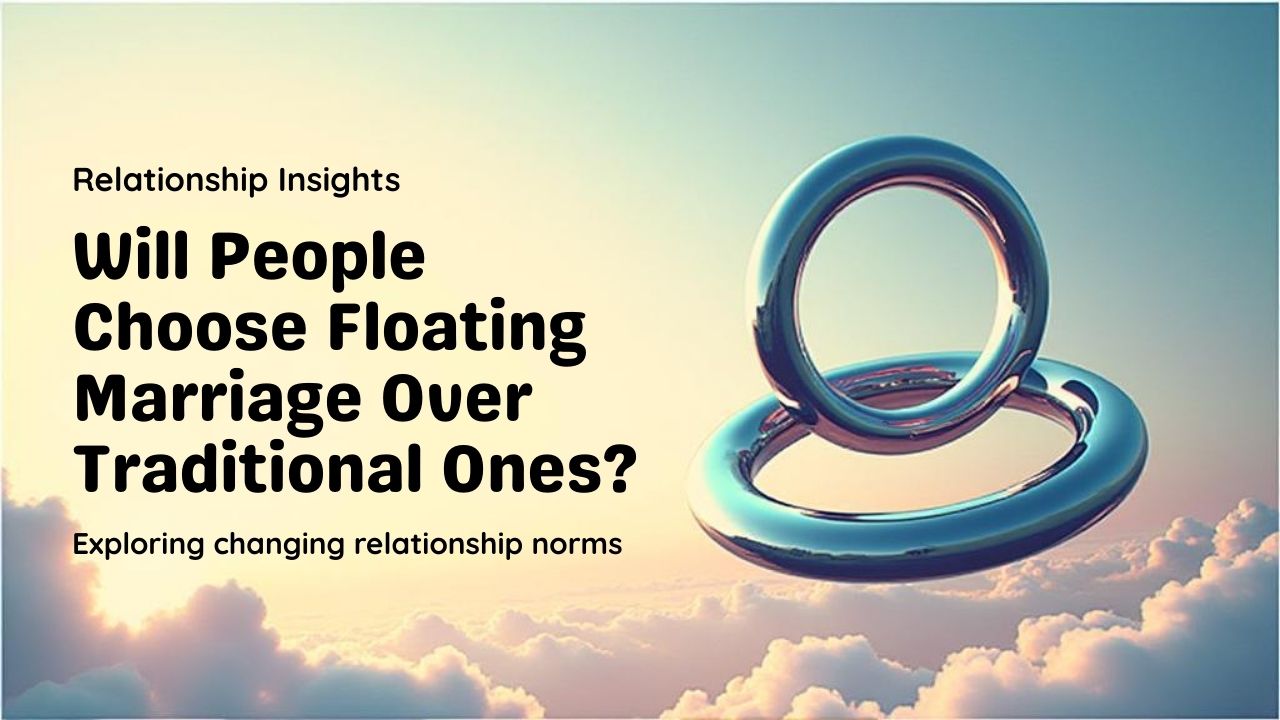
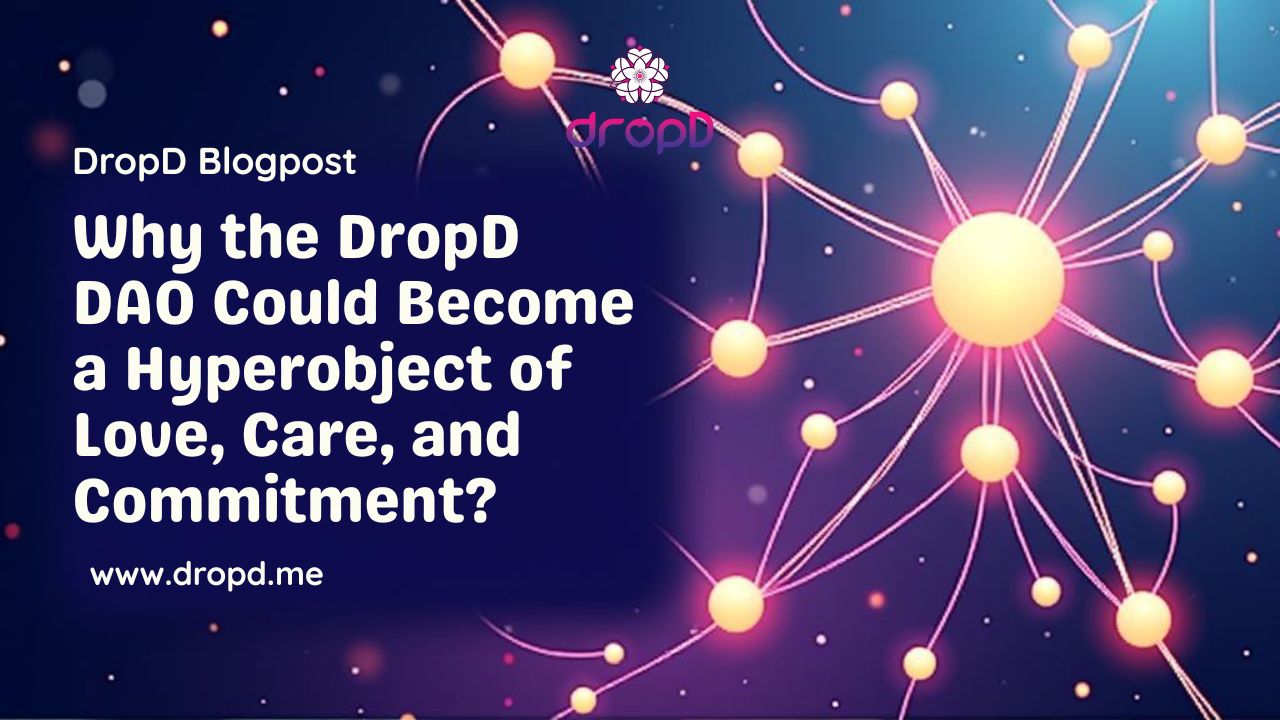
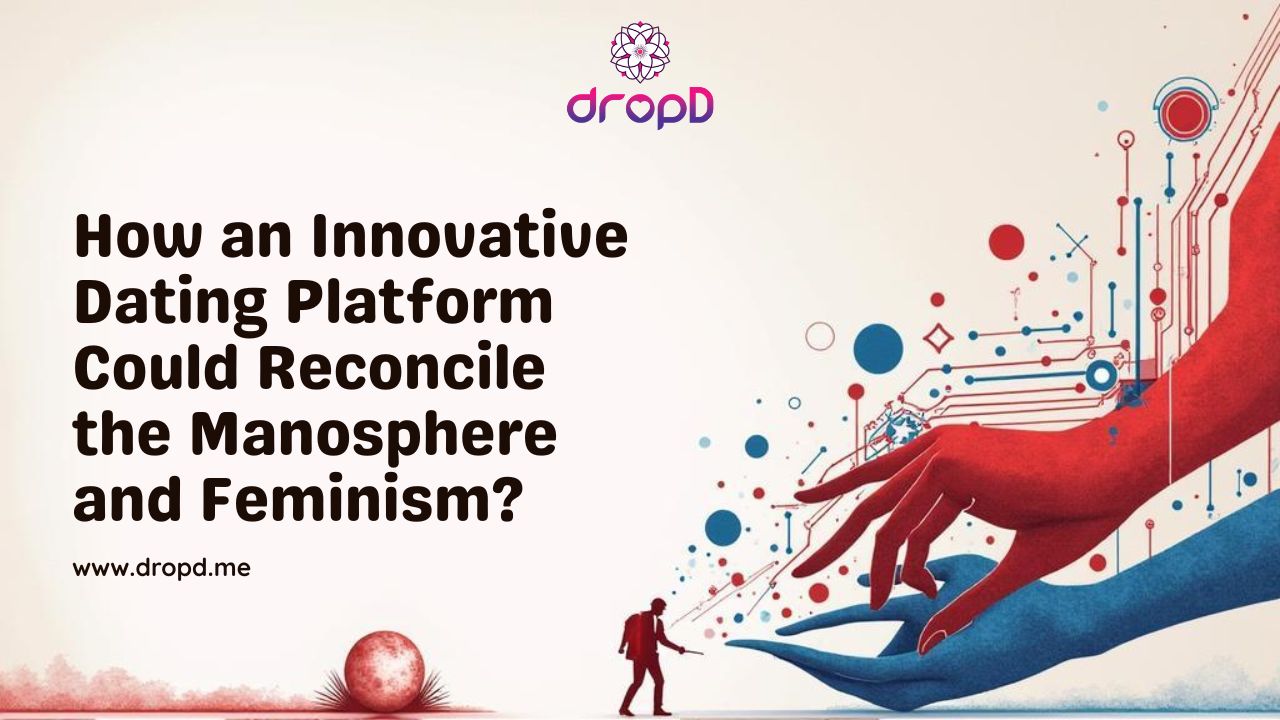
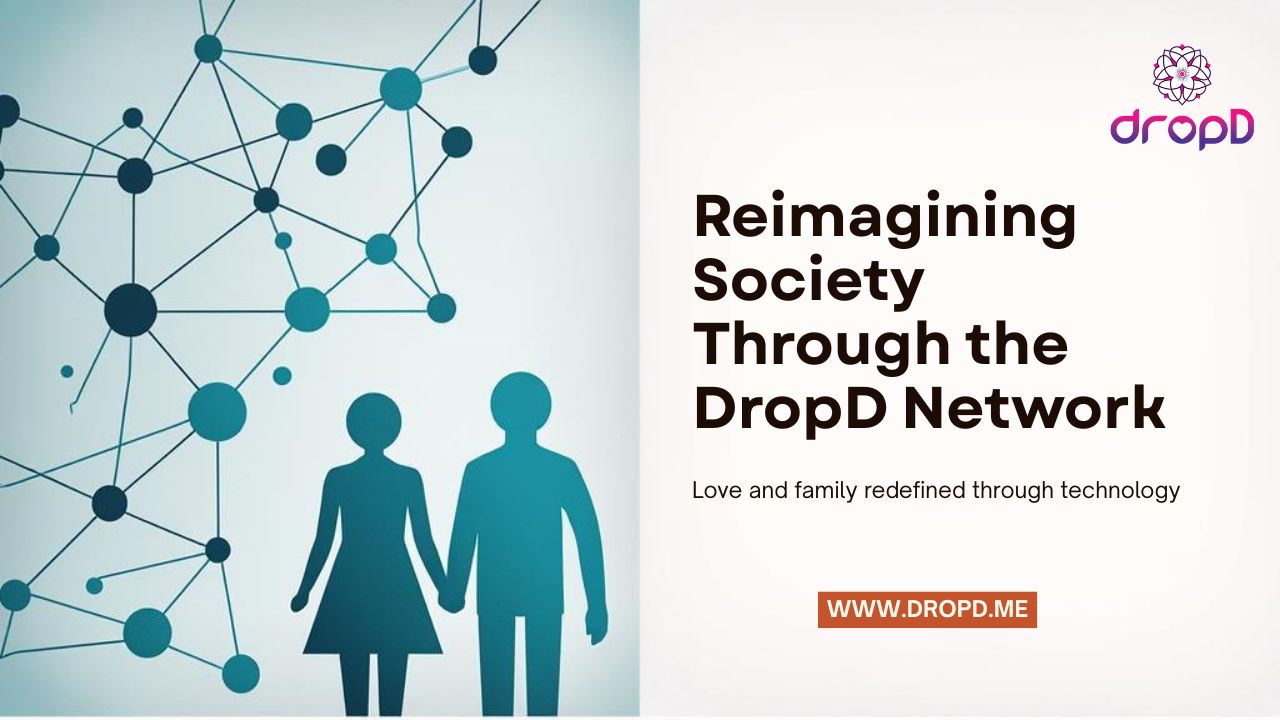
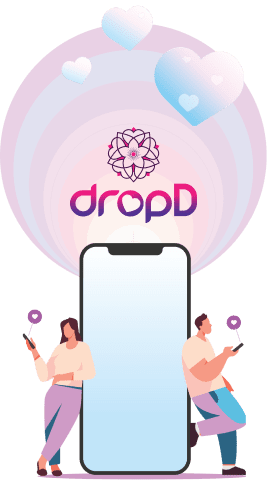
Leave A Comment